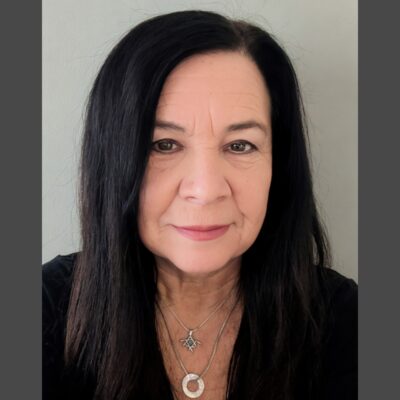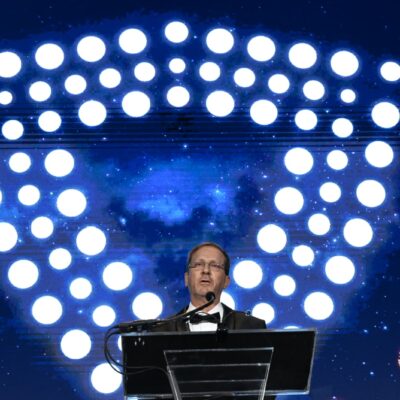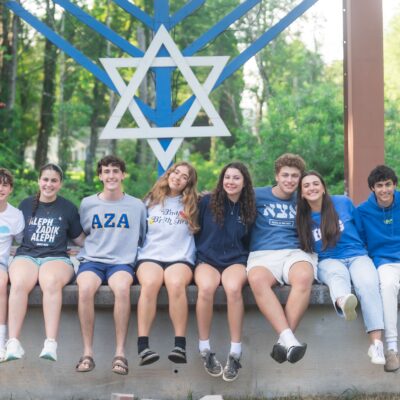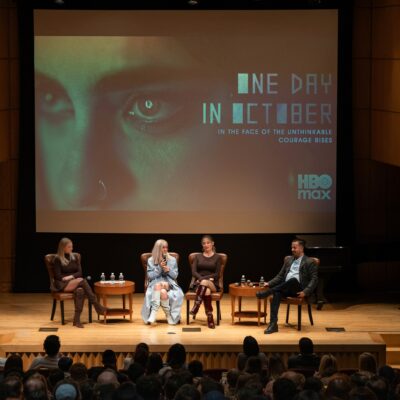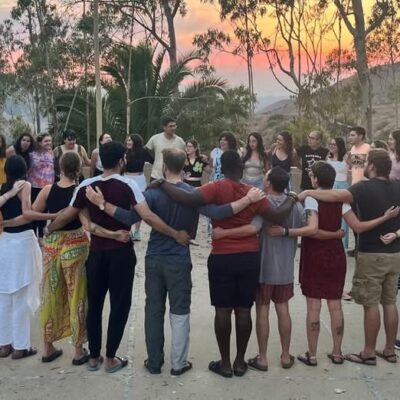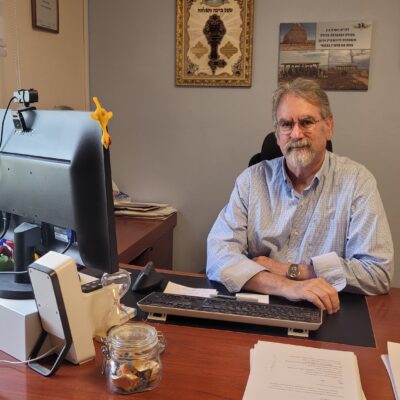Opinion
THE 'SALE OF JOSEPH' CHALLENGE
This Yom Kippur must be different
One of the holiest days of the year, Yom Kippur grants the Jewish people a time to actively engage in introspection and prayer. At its core, the sacred day embodies the concept of repentance. From the Temple service to today’s liturgy, the holiday hearkens back to a pivotal moment in Jewish history: the sin of the golden calf. According to tradition, the sin was committed on the 17th of Tammuz and we were granted atonement for it on Yom Kippur; and ever since, Yom Kippur has become known as a day of repentance and forgiveness.
A lesser-known teaching espouses that the sale of Joseph to the nomads who took him down to Egypt also took place on Yom Kippur. Based on this teaching, we are urged to treat Yom Kippur as a day to repent for the modern-day “sale of Joseph,” which continues to exist in every generation: the prevalence of hostility between brothers, people of the same families or communities suspecting others of wrongdoing, a phenomenon that translates into estrangement, enmity, and even sometimes, tragically, violence.
As we know in the case of Joseph, the extent of hatred between the brothers was so intense that it resulted in their decision to sell him to traveling nomads. While this specific event took place thousands of years ago, our sages teach that it is an action that continues to impact our world today.
And certainly this year.
Last Yom Kippur, we were still immersed in what we thought would be the toughest of times for Israeli society. Social discord had reached dangerous heights and antagonism threatened to burst into outright violence or even civil war. But just days later, we were thrust into an altogether different reality. Following the worst attack on our people in the history of modern Israel, we were shocked into a situation where national solidarity and unity became not just an option but essential to our people’s very survival.
The challenge — and it presents itself on a daily if not hourly basis — is how to preserve that unity. How do we ensure that the national spirit of volunteerism and caring for one another prevails in times of greater peace and harmony?
This is perhaps the ultimate mandate that we must accept upon ourselves this Yom Kippur. We need to enter this day repeating the slogan that this Yom Kippur must be different. It must be different not only because we are in a time of war and we are beseeching the Heavens to grant safety to our people and our soldiers and the immediate return of the hostages. It must also be different because one of the most important lessons of this war has been that we should never return to the moment where Jew turns against Jew and divisiveness becomes a defining characteristic of our people.
Towards that end, Tzohar has drafted a prayer to be included in the defining moments of the Yom Kippur service, calling to God to bless us with a more united Jewish world. Unity is not simply a communal mechanism for reducing tension. It is a critical aspect of our national defense — because when we are divided, our enemies have proven that they are more than willing to take advantage of our weakness.
My sincere prayer for my fellow Jews in Israel and around the world is that we find it in our hearts and minds to do everything possible to recognize and embrace the power of Jewish unity.
Rabbi David Stav is the founder of the Tzohar Rabbinical Organization, an organization of Israeli religious Zionist Orthodox rabbis aiming to bridge the gaps between religious and secular Jews in Israel.

 Add EJP on Google
Add EJP on Google



